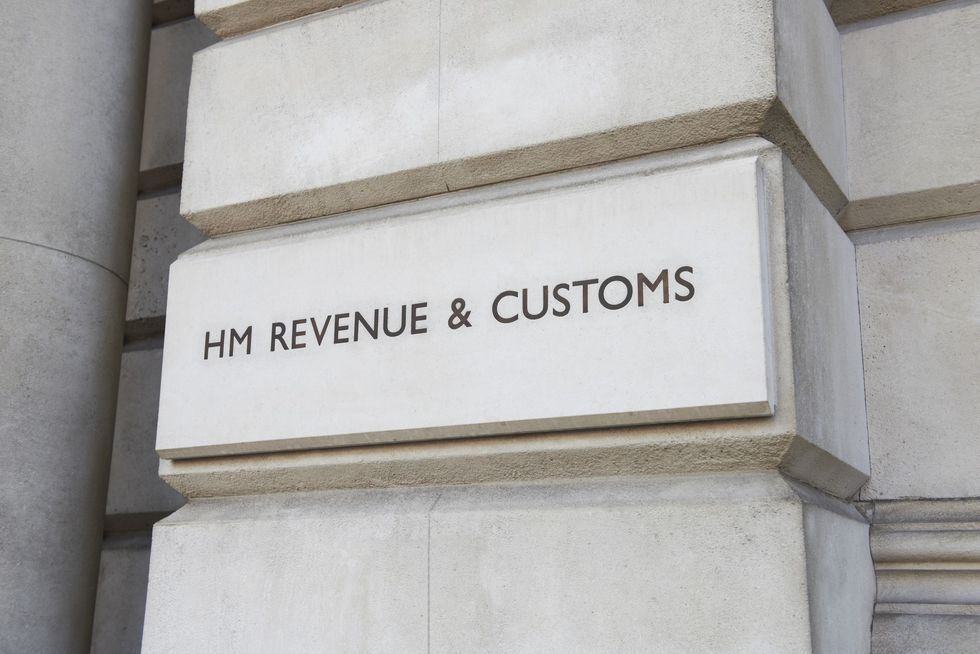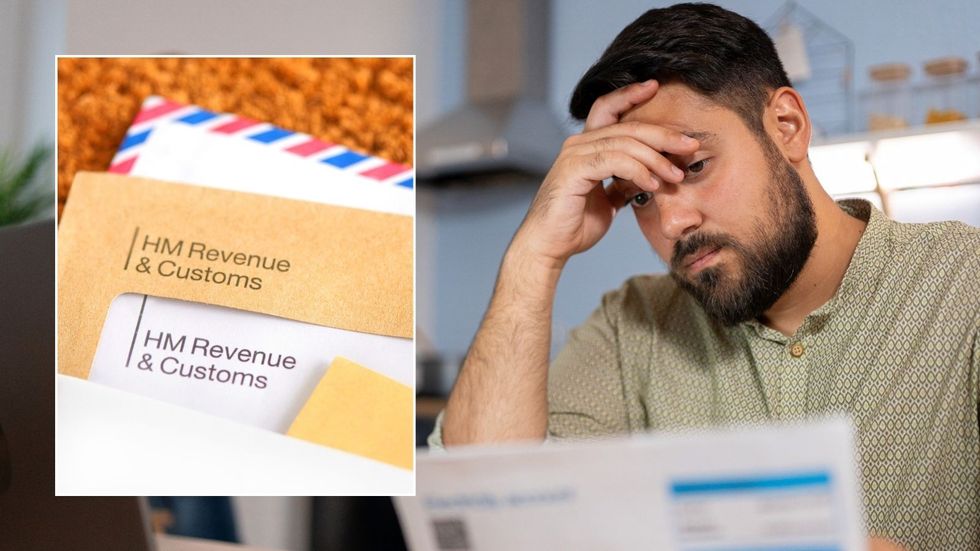HMRC alert: Britons could be slapped with £900 fine if they fail to meet tax deadline

Eamonn Holmes hits out at Rachel Reeves over possible tax hikes |
GB NEWS

Self-employed individuals are being reminded of their tax obligations to HMRC
Don't Miss
Most Read
Latest
Britons who are self-employed could be slapped with a fine of up to £900 if they fail to meet an important HM Revenue and Customs (HMRC) deadline next year.
Four out of five accountants identify Making Tax Digital as their most significant professional hurdle for the coming year, according to findings from Accountex.
A third of accounting professionals report feeling ill-equipped for the approaching deadline, whilst one in ten describe themselves as severely underprepared.
The reforms represent a fundamental transformation in how tax obligations are managed, moving away from traditional annual submissions to a more frequent digital reporting system.

HMRC could slap self-employed Britons with fines of up top £900
| GETTYBeginning in April 2026, self-employed workers and property landlords with annual earnings exceeding £50,000 must adapt to a new system of quarterly digital submissions to HMRC.
This represented a departure from traditional yearly tax returns being delivered to the authority.
Robert Jones, proprietor of Swift Tax Refunds and a practising accountant, explained to Accountex: "From April 2026, self-employed individuals and landlords earning over £50,000 will need to start submitting quarterly updates to HMRC under Making Tax Digital.
"The initial quarterly deadline will arrive swiftly, with the first submission covering the period from April 6 to July 5 due by August 7. This compressed timeline leaves little margin for error."
Do you have a money story you’d like to share? Get in touch by emailing money@gbnews.uk.
 The Chancellor has announced various changes to tax policy during her short tenure | GETTY
The Chancellor has announced various changes to tax policy during her short tenure | GETTYThose who fail to meet the new requirements face substantial financial consequences.
Missing a deadline triggers an immediate £100 penalty, with daily charges of £10 accumulating after three months, potentially reaching £900 in total fines.
Jones cautioned: "Failing to file a return on time results in a £100 fine straight away. If the return is still outstanding after three months, daily £10 penalties start to add up, reaching up to £900."
Additional penalties apply after six months, with HMRC imposing either £300 or five per cent of outstanding tax, whichever proves greater.
This same charge repeats at the twelve-month point, whilst deliberate non-compliance attracts even harsher sanctions.
Timely payment remains crucial even when submissions meet deadlines, analysts warn.
LATEST DEVELOPMENTS:

Britons are worrying about fines from the tax authority
| PA / GETTYLate payment incurs a five per cent charge after one month, with identical penalties at six and twelve months, whilst interest accumulates continuously from the due date.
The transition demands significant behavioural changes for those accustomed to January's annual tax rush.
Jones noted: "The shift from yearly returns to quarterly updates" represents "a big change" requiring consistent digital record-keeping throughout the year."
Analysts note those earning from multiple sources face additional complexity, needing to maintain distinct records for employment and property income with separate quarterly reports for each.
More From GB News










